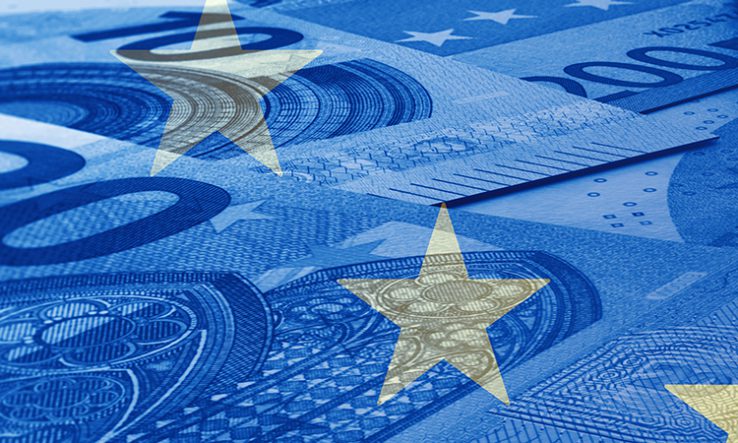
Ministers told to channel regional development and Covid-19 recovery funds into R&D
Coming together online to launch the EU’s 2021-27 R&D programme, Horizon Europe, luminaries from the political and research worlds stressed the importance of the programme to achieving the bloc’s broader aims of environmental sustainability, digitisation and the recovery from the Covid-19 pandemic.
“We live in unprecedented times, which we know well can only be tackled with more science, more research and more innovation,” said Portugal’s minister of science, research and higher education, Manuel Heitor, who hosted the 2 February launch as part of Portugal’s January-June presidency of the Council of the EU.
Ahead of a meeting of EU research ministers under the Council taking place on 2-3 February, Heitor said the EU needed “to guarantee that with more science we create more jobs [and] foster new ideas to tackle the new challenges” the bloc is facing.
But speakers also stressed that Horizon Europe will have to work hand-in-hand with other EU programmes, national programmes, industry and other research, innovation and higher education actors as well as society to maximise its contribution to those broader aims.
EU R&D commissioner Mariya Gabriel said the €95.5 billion Horizon Europe programme was “strategic for the future of Europe” and that “the importance of research and innovation to shape Europe’s future is unquestionable”. But she pleaded: “Let’s join forces, investments and ideas for making research and innovation the driving force of our future.”
The president of the European Council, Charles Michel, took the opportunity of the launch to make a rare comment on R&D, tweeting that Horizon Europe would be used together with the EU’s €750bn Covid-19 recovery fund, Next Generation EU, to “pave the way out of the current crisis towards a fairer, greener, and more resilient EU”.
Addressing ministers directly, Gabriel said it was “really important” to use the recovery fund for research and innovation. “We all talk about synergies [between different funding sources]—it’s time for action”, she said.
MEP Christian Ehler, who co-led on Horizon Europe legislation for the European Parliament, said that the “main challenge” for policymakers was the context within which the programme would be expected to deliver results. He said that, unlike the EU’s eight previous R&D programmes, Horizon Europe should not be thought of as a “standalone” programme, but as one that must interact beneficially with other EU funding sources.
The chair of the Parliament’s research committee, Cristian Bușoi, said EU regional development money should be used to fund R&D proposals that are well evaluated by Horizon Europe, but just miss out on funding from it.
Bușoi said the committee’s other priorities for Horizon Europe were “maximum administrative simplification” and the rapid development of planned missions on cancer, healthy oceans, soil health, smart cities and climate change intended to increase the socioeconomic impact of the programme.
According to Gabriel, an evaluation of proposed targets and implementation plans for the missions is expected in the second half of 2021. She also said the Commission is setting up a strategic mechanism to support collaboration among the plethora of public-public and public-private R&D partnerships whose EU funding is to be continued under Horizon Europe.
The first funding calls for most Horizon Europe instruments are expected to be published in April. But with some calls from the European Research Council having been postponed from January due to the late political agreement on the 2021-27 EU budget, Bușoi stressed the need to move quickly, saying: “Horizon Europe really needs to start without delays.”